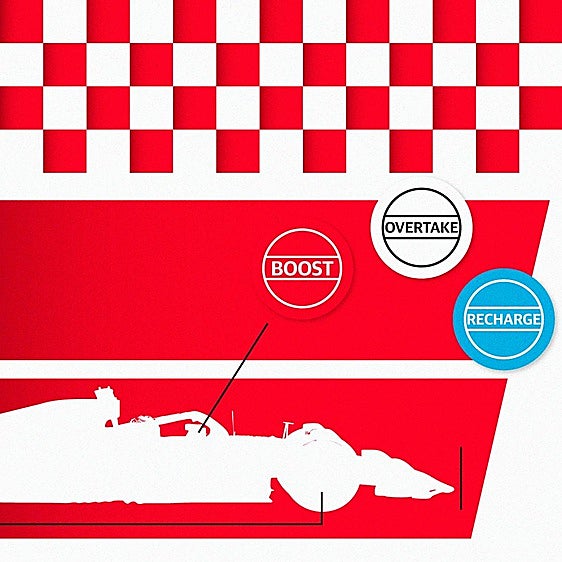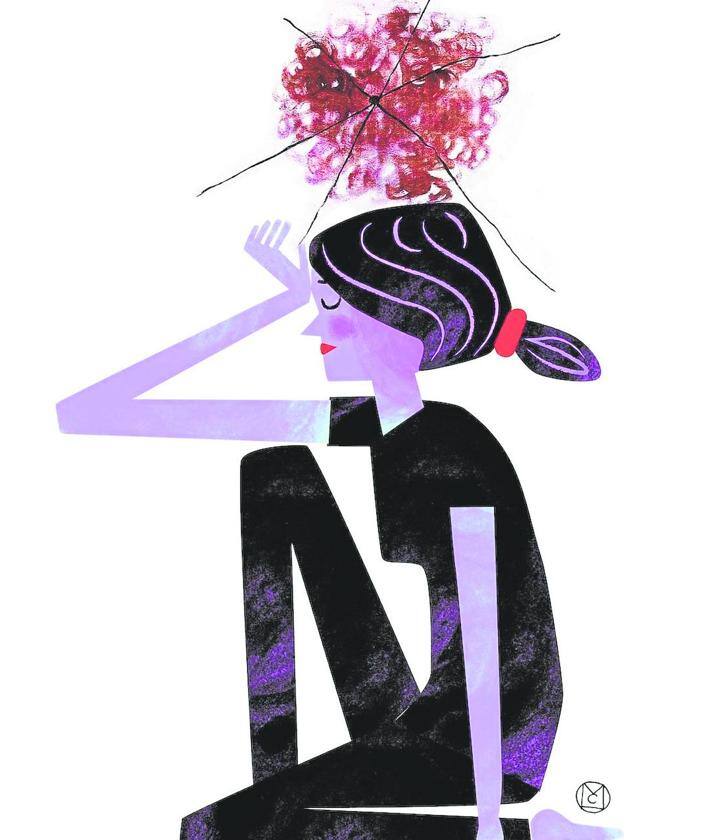Am I sad or do I have depression?
Specialists say it is important that people do not self-diagnose, but prevention is also necessary
Iván Gelibter
Malaga
Viernes, 21 de abril 2023
Stress, financial problems or the strain of so much time spent in front of a computer screen: these are things that society faces every day, a set of circumstances which in some cases can cause depression, a disorder which has now become more visible.
It affects hundreds of millions of people all over the world and is the main cause of disability.
Public debate
However, although mental health issues are forming part of public debate at last, depression should not be confused with feeling sad: that is one of the five basic human emotions (happiness, sadness, fear, disgust and anger) and they are not the same thing.
That is how Antonio Soto, a psychologist from Malaga and the head of a psychology and personal development centre of the same name, explains it.
He says prevention is by far the best way of combating a condition which has found the pandemic and its consequences to be an important catalyst.
Dr Soto explains that depression can occur in two ways, and on many occasions they are intertwined.
One is the organic aspect, where there could be a lack of neurotransmitters or an imbalance between several of them.
"But then there are cognitive components. Patterns of thinking or learning with regard to questions of life," says this expert, who also points out that although professionals sometimes treat the organic element as the most important, it is not always the main cause of the diagnosis.
In fact, he suggests that sometimes the cognitive can be reflected by the organic, and this is something that also occurs with anxiety.
"The correlation between them is two-directional," he stresses.
In his opinion, some of these diagnoses could be prevented, or at least treated, at a very early stage.
"People go to the psychologist when they need to improve a situation or to grow as a person. You don't need to have symptoms to go," he says, at the same time insisting that the earlier a problem can be treated, the simpler the solution.
"People should see a psychologist in the same way that they would see a GP for a physical health problem. To make it clear: you don't have to consult a psychologist because you're ill. It can be a preventive measure, so you don't become ill," he says.
Dysthymia in young people
Although it is very positive that mental health is becoming more visible these days, Dr Soto says it is important not to frivolise depression.
"A professional diagnosis and self-diagnosis are very different things. It's one thing for an illness to become more visible, but diagnosing yourself as suffering from it is something very different," he says.
Self-diagnosis has become more recurrent in recent years.
"The pandemic has brought mental health into the public debate, but at the same time it has served as a catalyst. Now a lot of young people are asking for help for depressive states; the pandemic has been very hard for adolescents," he explains.
Without specifying personal cases, he says he can describe a profile: in general, they are young men aged between 18 and 22, most of whom did brilliantly at secondary school but who became so demotivated that they gave up their studies.
They can't find emotional support among their friends or their families either," he says.
He also says that in most cases this dysthymia (a low and negative mood, the phase before depression) stems from three negative ideas: about the world, about themselves and about the future.
In this type of situation Dr Soto, like any other expert, stresses the importance of not self-diagnosing. "Consult a specialist, and don't treat these feelings as something trivial", he says.
No self-diagnosing
"There are risks at both extremes,in fact sometimes the diagnosis itself can be part of the problem," he says.
But he does recognise that not everyone can consult a professional easily.
"It is outrageous what is happening. There needs to be a public psychology service. On average, there is a four-month wait for the first appointment, then a month and a half between the next ones," he says.
"People need the health service to be able to give them tools to help them to deal with the situation".
What we should (and shouldn't) do if someone is suffering from depression
Although more cases of depression are being diagnosed, this does not mean more people are suffering from it, but rather that mental health issues are being taken more seriously nowadays. Even so, there are still reminiscences from other times when this type of illness was treated as trivial, and people don’t always behave in the right way when someone close is suffering from these problems.
Psychologist Antonio Soto explains that there are things we should never say to someone who has depression. “You must never belittle the circumstances or treat how they feel as unimportant,” he says. Saying things like “it’ll get better on its own“ is counterproductive.
Nor should we distance ourselves from the problem; quite the opposite.”You need to be there for the person, and that is also something that we psychologists do. But don’t be overprotective. Sometimes just listening to them or giving them a hug is best”.
In his opinion, someone with depression needs personal autonomy, not ‘recommended’ to do one thing or another. However, he does suggest that people who are close to someone suffering from depression should also seek help from a psychologist, so they have tools to help them deal with those affected. “One of the most important things we can do, which sometimes people forget, is to treat the other person as an adult, and not like a child,” he says.



